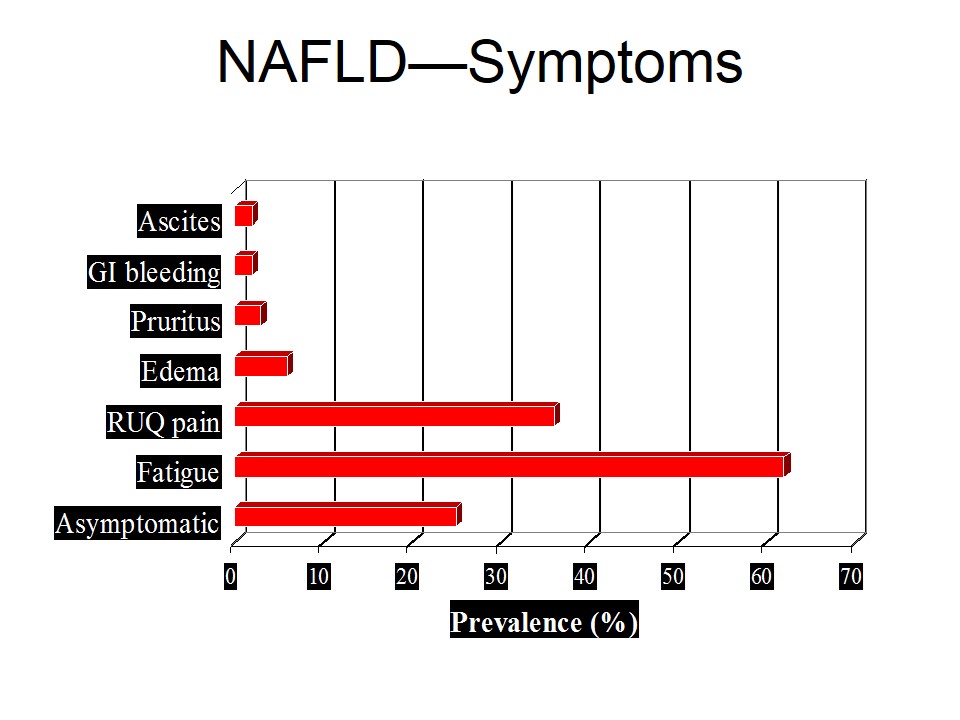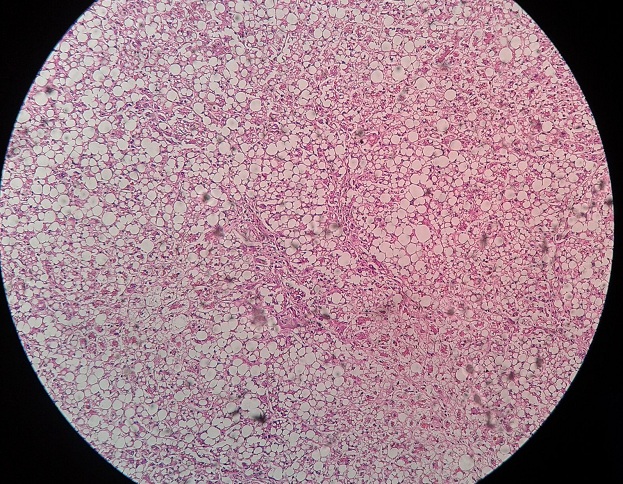A working definition of clinical hypoglycaemia is a low blood glucose level less than 3.0 mmol/l, associated with characteristic, but non-specific, symptoms which are reversed by the administration of glucose.
Causes
1. Exogenous causes
- IV or Subcutaneous Insulin therapy
- Oral hypoglycaemics (overdose)
- Ethanol (inhibit gluconeogenesis)
- Drugs: salicylates, beta-adrenergic blockers
Image courtesy of CDC/ Amanda Mills
2. Endogenous causes
Reactive
- Idiopathic (functional)
- Early diabetes mellitus (adult onset)
- Autoimmune hypoglycaemia
Fasting
- Insulinoma
- Non-pancreatic neoplasms
- Adrenocortical deficiency
- Hypopituitarism (growth hormone deficiency)
- Liver failure (impaired gluconeogenesis or gluconeogenesis storage)
- Renal failure (loss of glucose in urine)
- Sepsis
- Autoimmune hypoglycaemia
 howMed Know Yourself
howMed Know Yourself





